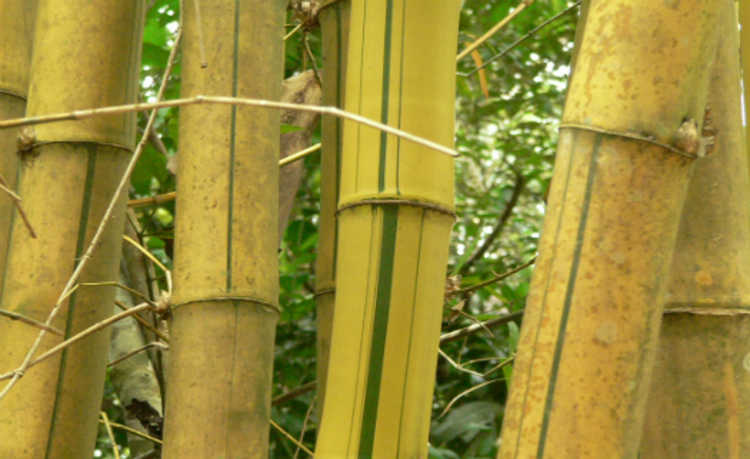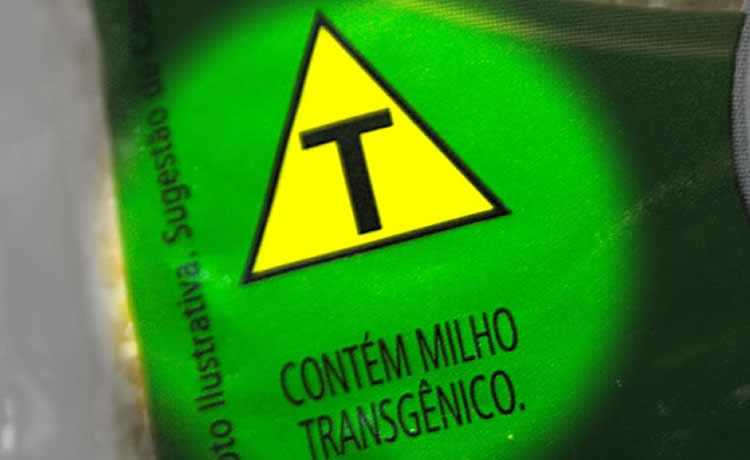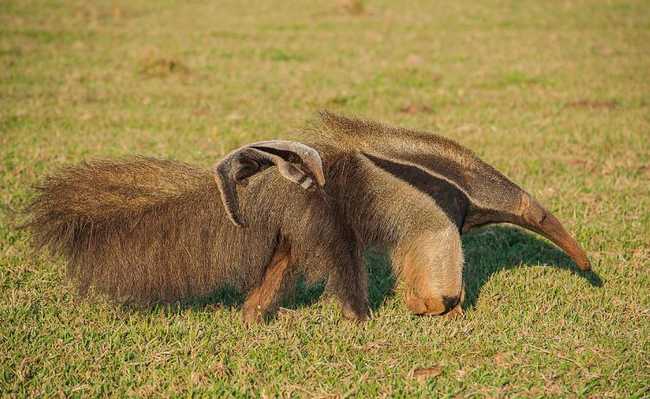Discover some sustainable fiber options for fabric manufacturing
Bamboo and hemp are some examples of plants that can give rise to sustainable fibers

Did you know that cotton is also responsible for many environmental impacts? Despite being one of the most valuable agricultural products in the world, its cultivation can harm the environment.
16% of all insecticide in the world goes to cotton crops, and many farmers who suffer from the chemical compounds used in the crop do not receive proper payment for the product due to price competition. Therefore, whenever possible, buy products made from organic cotton, which has a low impact on nature.
However, there are other sustainable fiber options that are even less harmful to the environment. Hemp is a product that requires few nutrients to grow, and can be organic in almost every region of the world, from arid to humid. Its fibers give rise to fabrics of varied qualities and its plant produces oil and seeds for food.
Bamboo, a species of grass, is easily found in most Brazilian regions. With its rapid growth, it does not require any type of artificial fertilizer. As it is widespread, bamboo can be used to produce a range of items, from bicycles to computer keyboards. In addition, its fibers can be transformed after chemical processing into fabric, although there is controversy as to whether its use would really be sustainable.
The organic wool comes from sheep raised in a healthier way, without being bathed in chemical products and without exhausting grazing, which considerably harms the terrain in question.
When buying new clothes, see if these fibers, unfortunately still uncommon, are the raw material for your new purchases.










